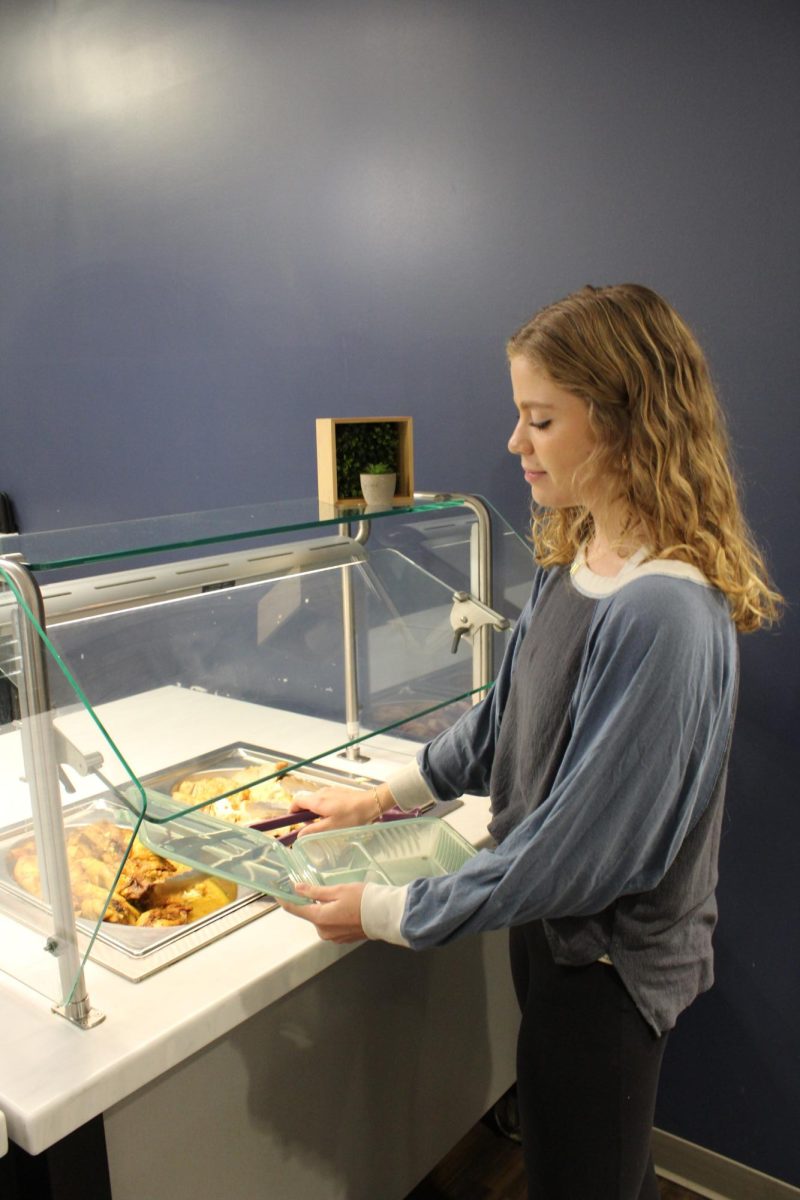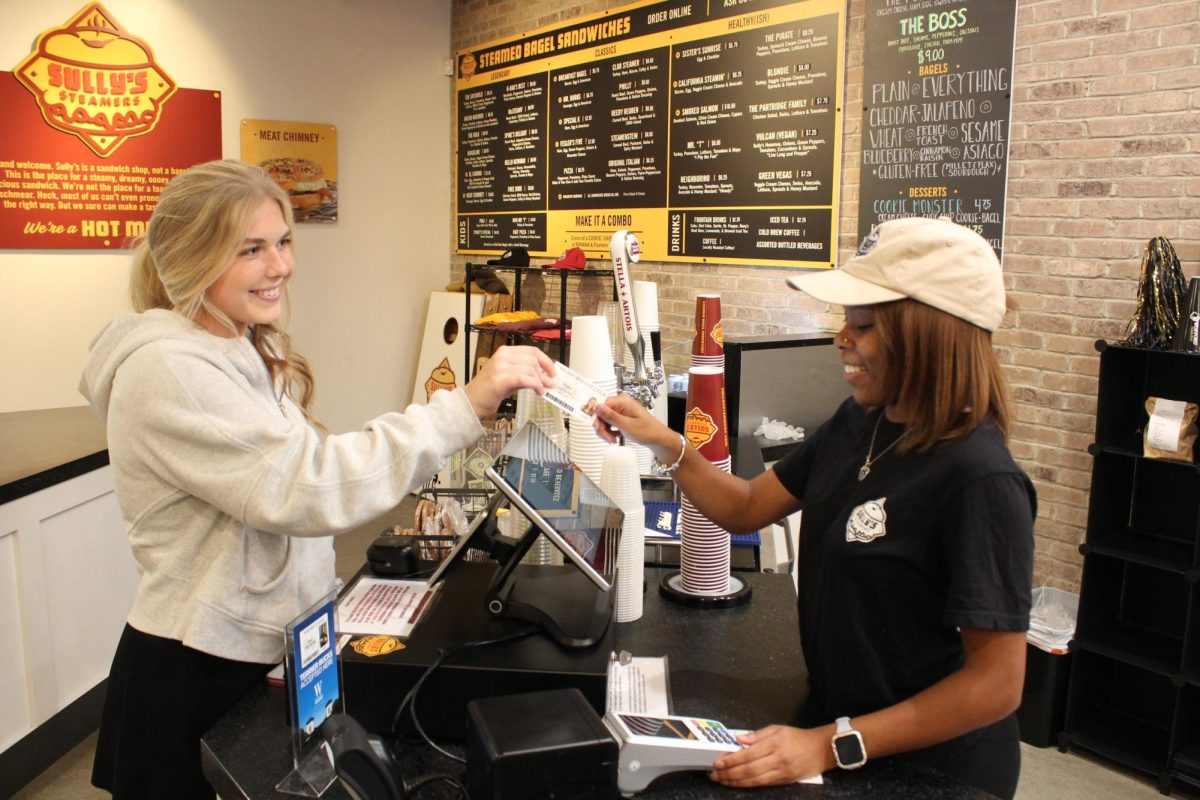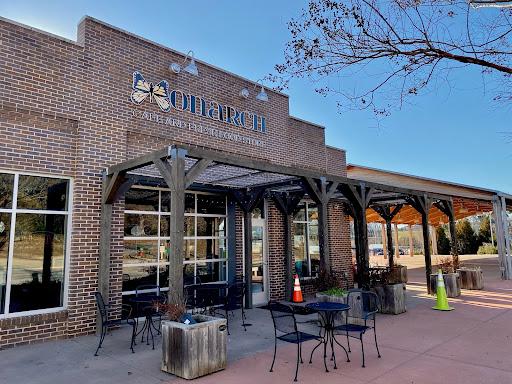By: Lydia Estes, staff writer
For Wofford students, some of the newest changes campus may already seem like old news – Zach’s in Campus Life has been closed and will remain closed through the fall semester, with alternative options available; the Jerry Richardson Indoor Stadium and the Rosalind Sallenger Richardson Center for the Arts have been open and in use for volleyball games and classes, respectively. However, students can expect more news: the changes will continue as AVI is now looking to renovate Burwell.
Walter Miller, Wofford’s Resident District Manager from AVI, says these changes ideally will take place in the coming academic year. While the ideas are merely in the preliminary stages, he hopes to begin the process of collecting student feedback either late this fall or early this spring. Miller will collect students’ opinions through focus groups in order to prioritize the many ideas he has for the main dining hall on campus. “AVI is eager to have student input, as am I,” Miller says.
Campus Union has initiated a discussion among students already through its Facility Affairs committee. Rik Ujaan, a first-year student, says the committee is continuously engaged in talking about the quality of food on campus and how to further improve students’ options at all dining services on campus.
Facility Affairs recently also met with Dean Bigger in the evening to complete a “lighting tour” in order to assess which areas of campus can be made safer through increased lighting along pathways and near buildings.
Ujaan mentions that the committee is investigating other options for temporary dining halls, like Anna Todd Field House. With the shuffling of spaces and construction of new buildings, Wofford is both fortunate to find secondary purposes for obsolete buildings but also disadvantaged by the limited space that comes from being a smaller campus, such that finding a place for students to sit down and eat is challenging when the singular dining hall has to close for renovations. At other colleges and universities with similar circumstances, AVI has previously used large tents, brought wooden floors, heating and cooling to create a “pop-up” dining hall.
A “more interactive” dining experience is the goal of the renovations, even though plans are far from official. The upcoming rotisserie and smoker at Zach’s are two of the already-existing aspects of Miller’s enhanced dining experience.
Of the many hopes Miller holds for Burwell, he suggests many potential changes—if he finds they are in agreement with the wishes of the student body. At a personal pizza station, Miller says students could pick their toppings and have the pizza baked in a high-tech oven which takes 60 seconds to bake the pizza. A new set-up might allow for a demo station complete with cameras featuring specials on a weekly basis, like gluten-free entrees.
AVI, if permits and time allows, could relocate the bake shop so students can watch the pastry chef making the desserts. Grab-and-go options could be moved into the main dining room, and even a small-scale market like the one in the Michael S. Brown Village Center could accompany the cashier station so all of AVI’s services are better accessible. Better seating and more lighting are further possibilities.
Burwell also requires new electric, heating and cooling systems, which would require the building to “come off line for maybe four to six months,” Miller says. A new elevator shaft would provide significantly better access for students with disabilities, who currently have to use the service elevator to enter the dining hall.



































